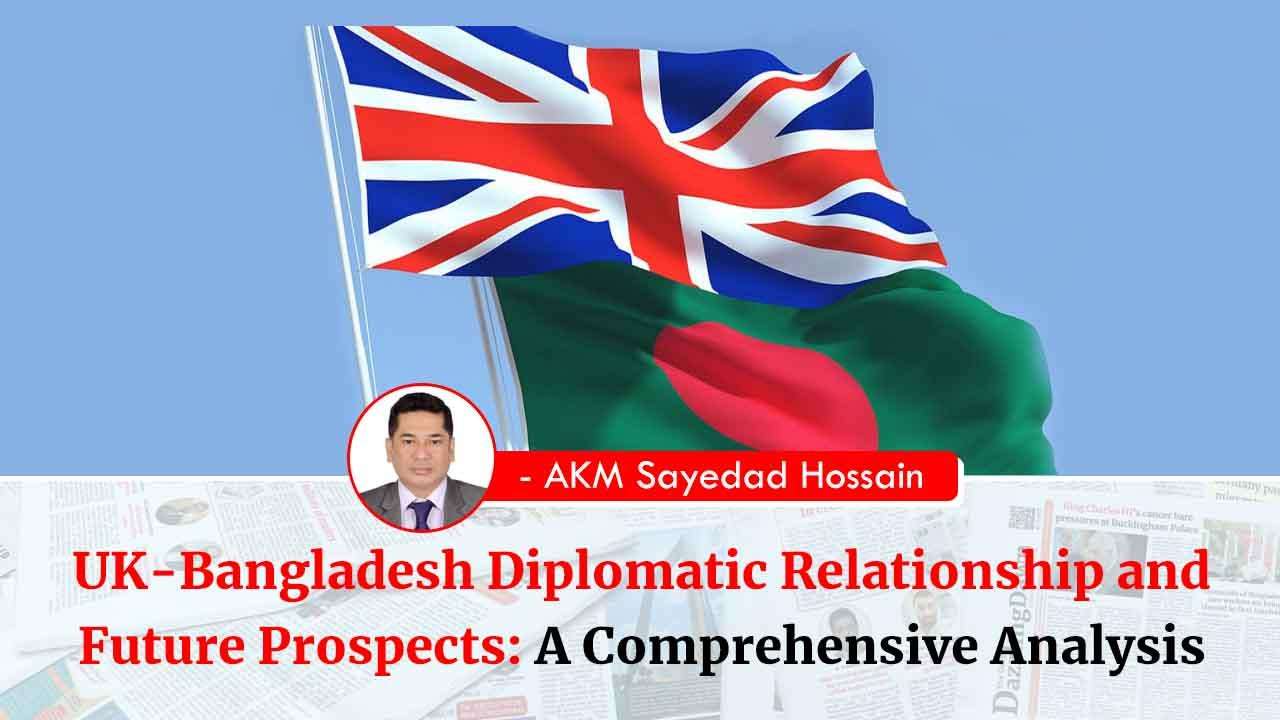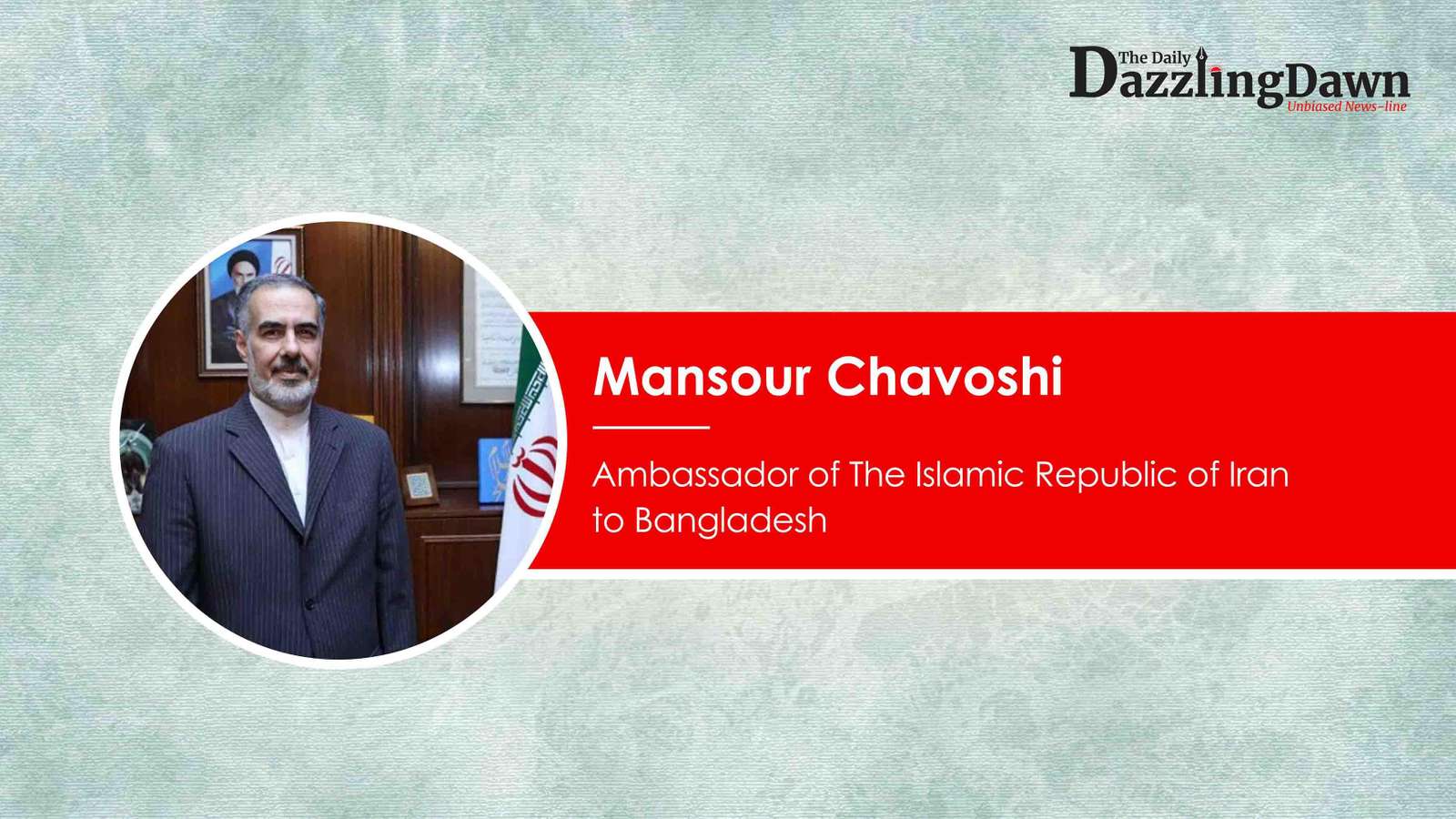Donald Trump's re-emergence is reshaping the global order as he systematically withdraws the United States from international organizations. Currently, everything seems to revolve around Trump, as evidenced by the recent World Economic Forum meeting in Davos.
Since the 1970s, the Davos conference has been an integral part of the international system that emerged after World War II. Here, world leaders gathered to address major challenges like climate change, growing inequality, and artificial intelligence. The 55th conference continued this tradition.
However, this year's meeting was distinctly different, coinciding with Trump's second inauguration as U.S. President. Trump's return marks the beginning of an era where global unity in problem-solving may dissolve. We are entering a world where different nations will follow different paths, leading to successive crises and where single words or symbols will carry different meanings in different places.
After the Soviet Union's collapse, the world order became unipolar, with the United States as its primary controller. The evolution of capitalism has created internal crises in this unipolar system, resulting in economic challenges in Europe and America, fueling the rapid rise of far-right politics. This influence has spread to various countries. While a unipolar system maintains order, its disruption is increasing regional conflicts, accelerated by Trump's politics.
In a multipolar world, not only is there an absence of a specific order, but there's also no interest in establishing a unipolar order. Marco Rubio, the new U.S. Secretary of State, clarified the Trump administration's position during his confirmation hearing, stating, "The post-World War II global order is not just irrelevant now; it's being used as a weapon against us."
Meanwhile, despite their rhetoric at global conferences, Chinese leaders aren't pursuing the creation of a new world order either. While President Xi Jinping remarked at Davos about "changes unseen in a century," he isn't proposing a China-led alternative world order. Instead, he's preparing Chinese society for prolonged periods of disorder and instability.
Surprisingly, Trump's ambition to change the world order has gained global popularity. A recent European Council on Foreign Relations survey found that most people worldwide welcome Trump, believing he's good for the U.S., their own countries, and world peace. They want the U.S. to become a "normal superpower" rather than a unilateral authority.
As we witness these unprecedented changes in global dynamics and the restructuring of international power relations, it's crucial to understand the key elements driving this transformation. The following analysis highlights the essential aspects of this evolving global landscape and its implications for international relations, economic structures, and geopolitical stability.
The Key Notes of this analysis are—
1. Shift in Global Power Structure
- Movement from unipolar to multipolar world order
- Declining U.S. hegemony and rising regional powers
- Transformation of post-WWII international institutions
2. Trump's Impact
- Systematic withdrawal from global organizations
- Popular support for his approach to international relations
- Reshaping of traditional alliances and partnerships
3. Emerging Global Dynamics
- Rise of middle powers (India, Brazil, Turkey, Indonesia, South Africa)
- These nations now view themselves as independent centers of power
- Declining influence of traditional international institutions
4. Challenges in the New Order
- Multiple concurrent crises (climate change, technology, demographics)
- Weakening of international cooperation mechanisms
- Adaptation required by international organizations (UN, IMF, World Bank)
5. Regional Implications
- Concerns among European and Asian allies
- Need for traditional U.S. allies to adapt to new realities
- Increasing regional conflicts and instability
The current reality suggests that middle powers like India, Brazil, Turkey, Indonesia, or South Africa won't maintain the U.S.-centric world order. In this new multipolar world, they see themselves as powerful nations in their own right, preferring to be viewed as separate centers of power rather than peripheral parts of a larger system.
Only Europe and Asia's close allies worry about Trump, as they've built their security and economic development on U.S. leadership and influence. These institutions, including Davos, the UN, IMF, and World Bank, must now adapt to new realities while continuing their functions in a fundamentally altered global landscape.
This transformation of the global order represents more than just a shift in power dynamics; it signals a fundamental reimagining of international relations for the 21st century. As traditional institutions adapt and new power centers emerge, the world faces both challenges and opportunities. While the dissolution of the old order may create temporary instability, it also opens possibilities for more diverse and locally responsive governance systems. The key for nations and international institutions will be finding ways to maintain necessary global cooperation while acknowledging and accommodating this new multipolar reality.
----
Writer: Nurur Rahim Noman, Ex-Head Teacher.


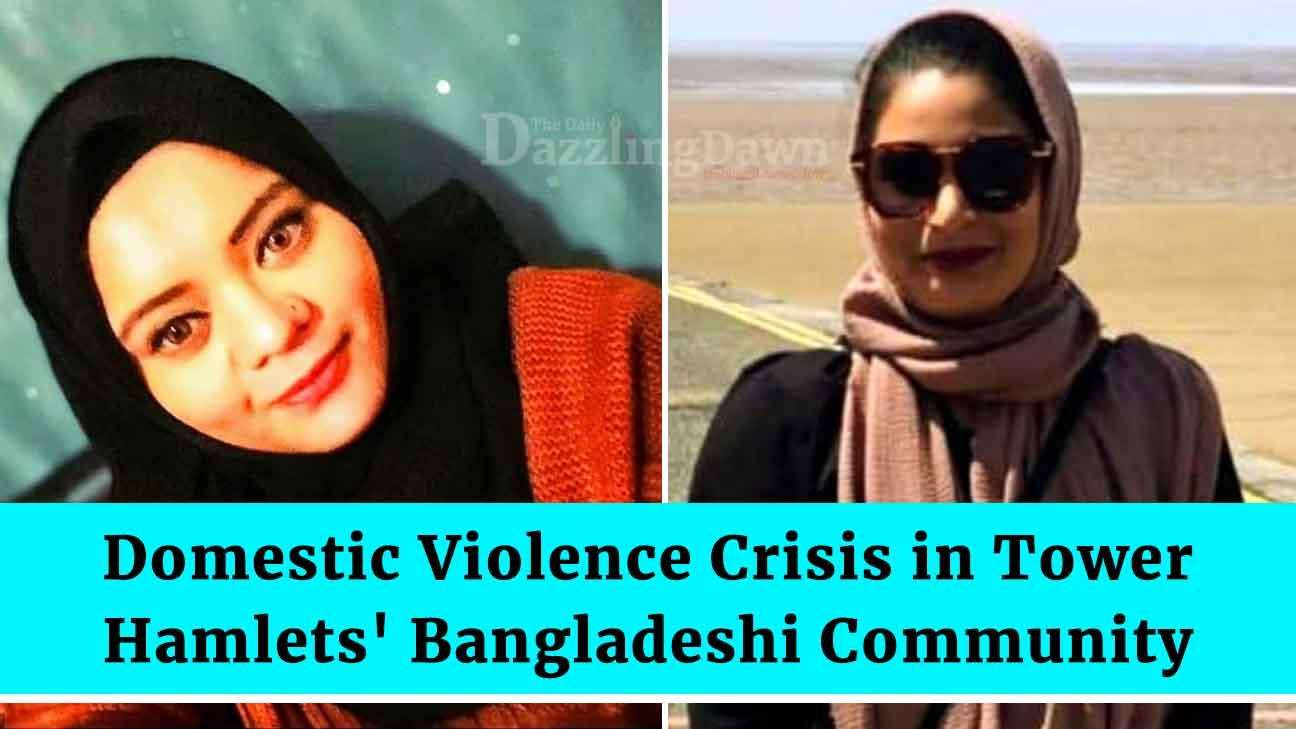
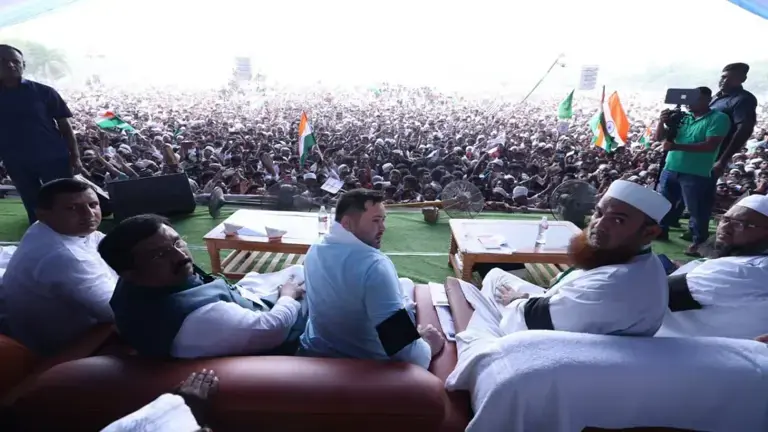


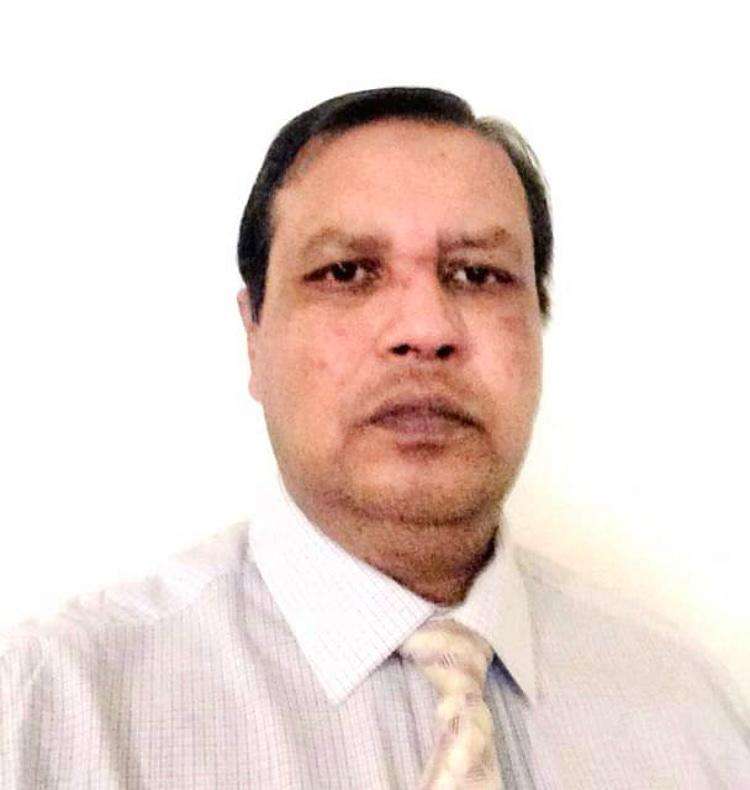
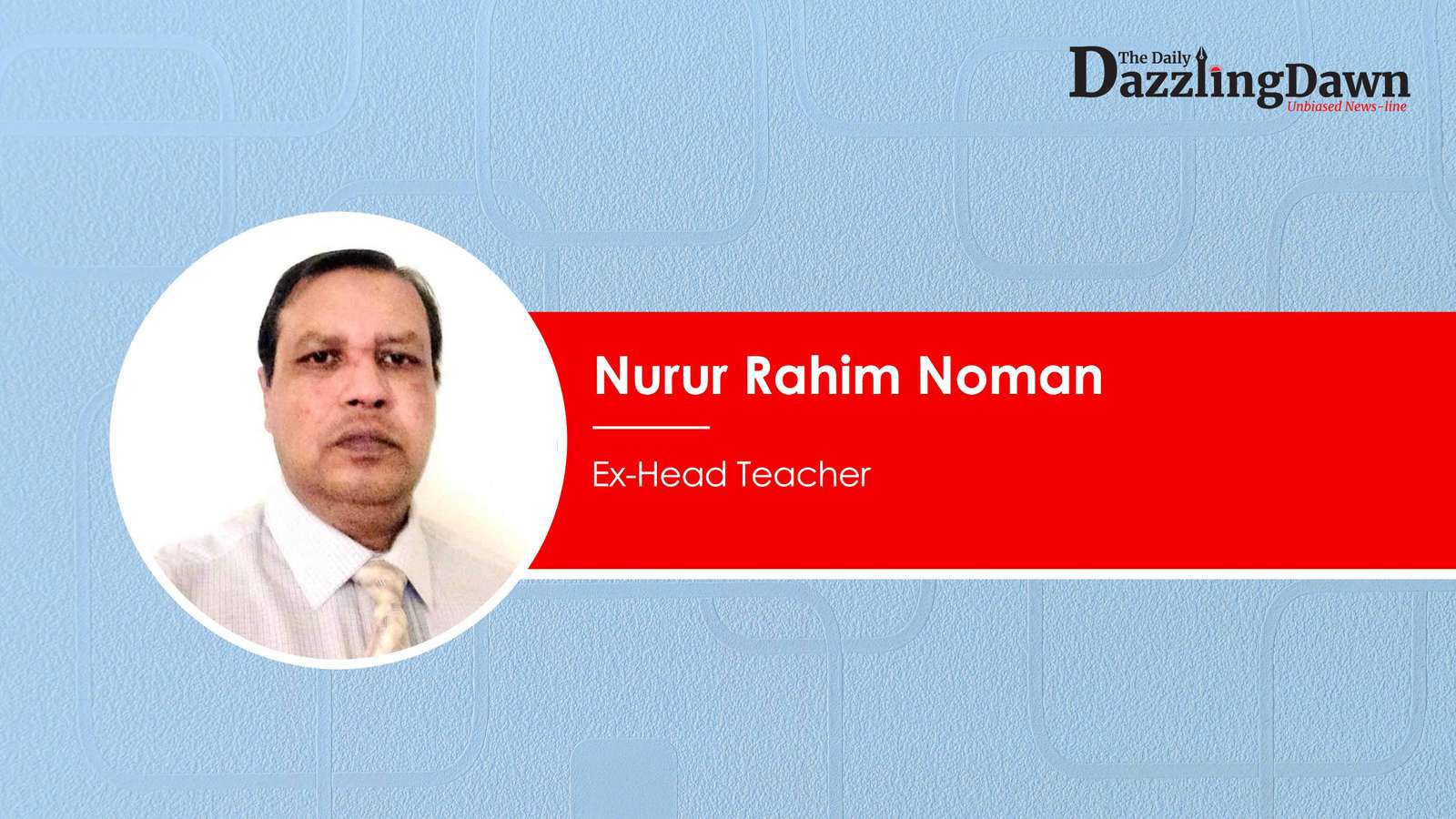
.svg)

